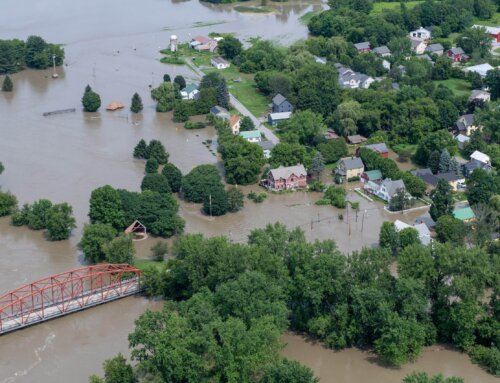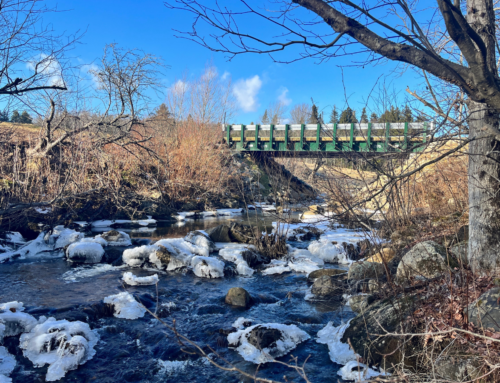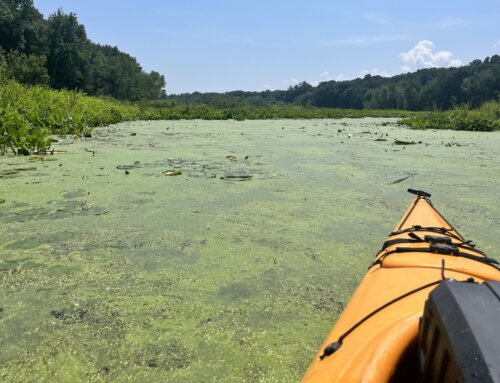News…News…News…
Press release: for immediate release
Watershed Council announces grant recipients
Greenfield, MA. November 8, 2008. The Connecticut River Watershed Council has awarded two Conservation, Education and Research Program (CERP) grants for river-related research in the Connecticut River watershed. Tara Moberg of New Haven, CT, a graduate student in Forestry and Environmental Studies at Yale University, has been awarded $1,000 for her study of the effects of water withdrawals on aquatic ecosystems. Moberg’s project, entitled, “Assessing Stressor-Response Relationships in Aquatic Ecosystems within the Lower New England Northern Piedmont: A Comparative Study of Streams Along a Gradient of Water Supply Withdrawal Rates,” will look at the effects of municipal, industrial, and agricultural water withdrawals on water quality and stream habitat in these systems.
CRC has also awarded $500 to Nina Lany of Glover, VT, an undergraduate in Natural Sciences at Lyndon State College in Lyndonville, VT, for her study of the genetic make-up of eight difficult-to-identify willow species in the Upper Connecticut River. Lany’s work will build on the work of a previous Lyndon State College student and catalogue the genetic coding of these willows. The study will also work to identify any hybridization occurring across these plants, which are now being used extensively in streambank restoration projects.
“We’re excited to be able to help fund these studies,” says Chelsea Gwyther, Executive Director of the Watershed Council, “Both projects have implications for our ongoing work.” Gwyther notes that withdrawals for new industrial and farming practices are occurring with greater frequency up and down the Connecticut River, as well as in several areas where CRC is monitoring riverbank restoration projects where landowners are experiencing increased erosion due to water level fluctuations near hydropower operations.
The Connecticut River Watershed Council makes up to $2500 available for CERP grants annually. Funding averages from $100 – $500, but grants of up to $1500 have been awarded. The primary goal of the CERP grant program is to “encourage students to gain a greater understanding of the environmental resources of the Connecticut River and its watershed, and to increase scientific knowledge and public awareness of those resources.” Students, teachers, and members of the public with river-related projects that could benefit from seed money or funding for study materials should visit the CRC web-site for information and downloadable application forms at: ctriver.org.
# # #
For press information contact: Chelsea Gwyther, CRC Exec. Dir. at: (413) 772-2020, ext. 202, or: cgwyther@ctriver.org.
[/fusion_builder_column][/fusion_builder_row][/fusion_builder_container]






